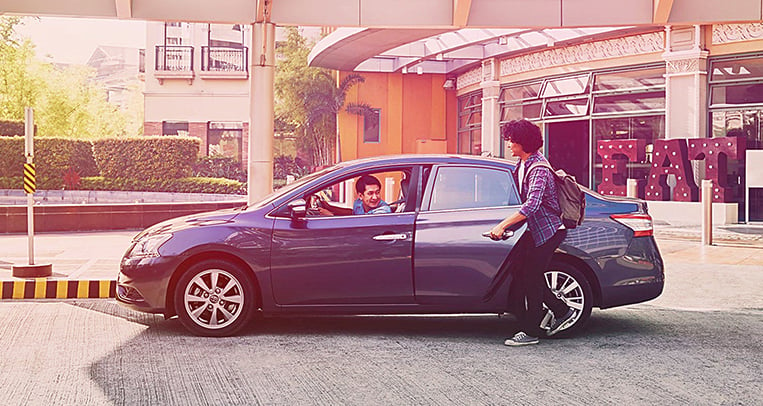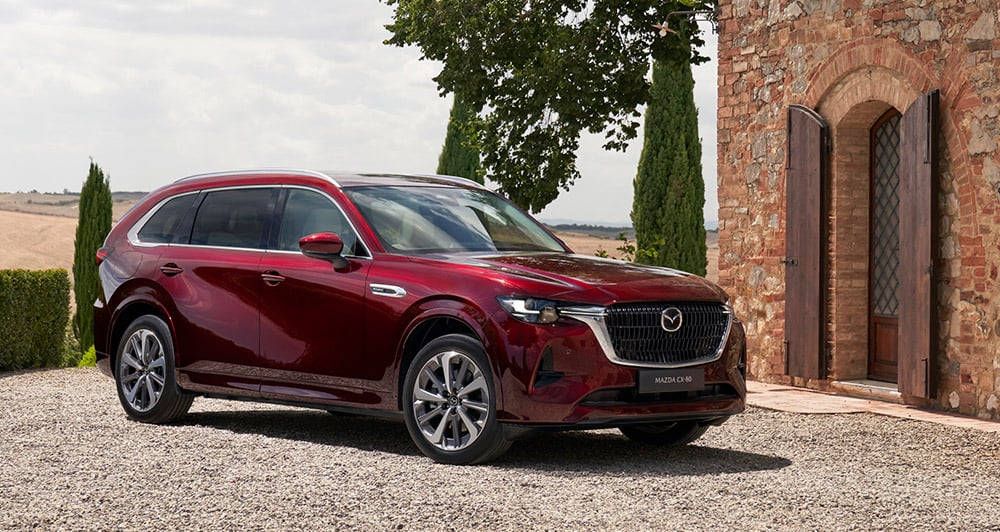
What’s in a number? The number ‘1’, in particular. The easy answers would be top-of-mind associations like “the biggest,” “the leader,” “the first” or “the best.”
Let’s take sports, for instance. World Cup, Wimbledon, NBA, Formula 1, Tour Championship. Every time a tournament starts, all fans are eager to find out: Who wins? Who becomes Numero Uno? But does it really matter as much as watching the teams or the athletes play their hearts out? Seeing the greats tumble and the underdogs rise? Witnessing the grace of defeat and the humility of triumph? Once the trophy is lifted, don’t we all realize that being number one is less about the winning—or who won—and more about the journey getting there?
Being number one is about being ready—about preparing to go to battle. It is willing yourself to do better and better. To exceed your personal best. Getting to the top is a momentary accomplishment that is immediately eclipsed by an obsession to break your own record. Being number one is a result, not a goal.
Being number one has become an obsession, as if automakers would lose the right to do business if they could not attach the label to any of their products or brands
Yet, these days, many companies still define their claim to fame (or 15 minutes of glory) in terms of being the biggest or having sold the most. In the auto industry, for example, the perennial jostling for the most number of globally sold cars continues among Volkswagen, Toyota, General Motors and, more recently, the Nissan-Renault-Mitsubishi alliance. It is a much-heralded stat on the industry scoreboard.
In the Philippines, I recall how every automaker has laid claim to all sorts of being number one—the overall number one, the best-selling SUV, the most popular MPV, the most-loved automatic-transmission subcompact sedan. You get the drift. It has become an obsession. As if they would lose the right to do business if they could not attach the “number one” label to any of their products or brands.

But what does it really mean to be number one?
In today’s business world, being number one—or the biggest—is not necessarily being the best. The backlash of globalization and antipathy toward big business has grown. Customer handling and concern resolution have taken on a whole new dynamic especially with the ascension of social media. Bragging rights as being the “biggest and the best-selling” have diminished in value. The “follow the leader” consumer mindset has given way to social relevance and sustainability. People don’t just buy the most popular brand anymore; the brand must resonate with their own personal values.
These days, being number one seems to be more of an ego-inflator for companies than a real driver for business. Does the fact that you sell the most number of cars really matter to consumers? How do consumers relate being number one to tangible benefits? What added value does being number one create for them?

Somewhere along the way, consumer advocacy and customer engagement have risen in terms of what’s important. To consumers, being number one translates simply to this question: “So, what does that do for me?” Does it mean you can produce your product more cost-effectively and subsequently lower your prices? Does it mean you can elevate your service level because you can invest in the needed infrastructure? Does it mean you can innovate better because you have deeper pockets for research and development? Does it mean you can give back to society and become a more responsible corporate citizen? These are the important drivers of business that ultimately determine whether you survive or die.
In the end, what matters more is charting a path to sustainable growth than chasing the oft-elusive “number one” title. After all, there can only be one number one. Listening to your customers and doing the right thing by them is key. Engaging with them and knowing what matters most to them points you in the right direction. Transparency and being an honest brand will keep you on course to building customers for life.
So next time you see a claim of “we’re the number one or the biggest-selling” whatever, you might as well just gloss over it. It doesn’t necessarily make that brand or company the right choice. It’s the brand or the company that keeps you its number one priority that you ought to go with.











Comments